Mark Meiring – “I always knew I wanted to be an architect”
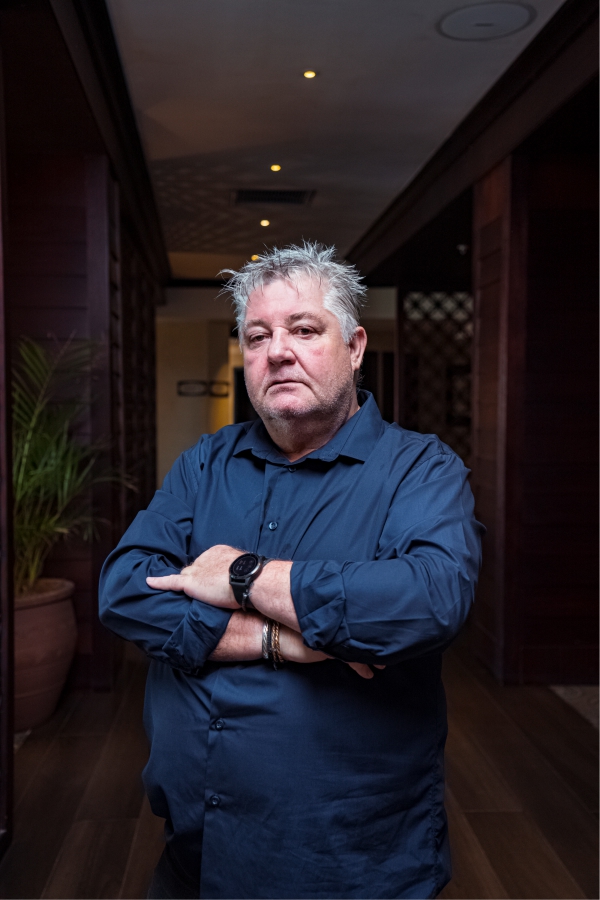
Torres Rani, two glass-fronted towers of Babel, taking us to the possible sky. The Southern Sun Hotel, an ambitious octopus stretching out its tentacles as if wanting to embrace the sea. Modernity and tradition, distinct aesthetics – as if the pencil that sketches on blank paper were choreographed by two different sets of hands.
But there is a name, the same name, of the South African hands that sign the works. And we unveil the almost always invisible face of the architect: Mark Meiring, the name-hands-face of the South African firm Mesch, whose signature is marking the architecture of the city of Maputo. He is also the author of the building of Hollard Mozambique in downtown Maputo; a luxury office park still under construction; and a long-delayed hotel school. But his hands are also behind mass housing projects, such as the Resettlement Village in Afungi, Palma – Cabo Delgado.
“I always knew I wanted to be an architect,” says Meiring.
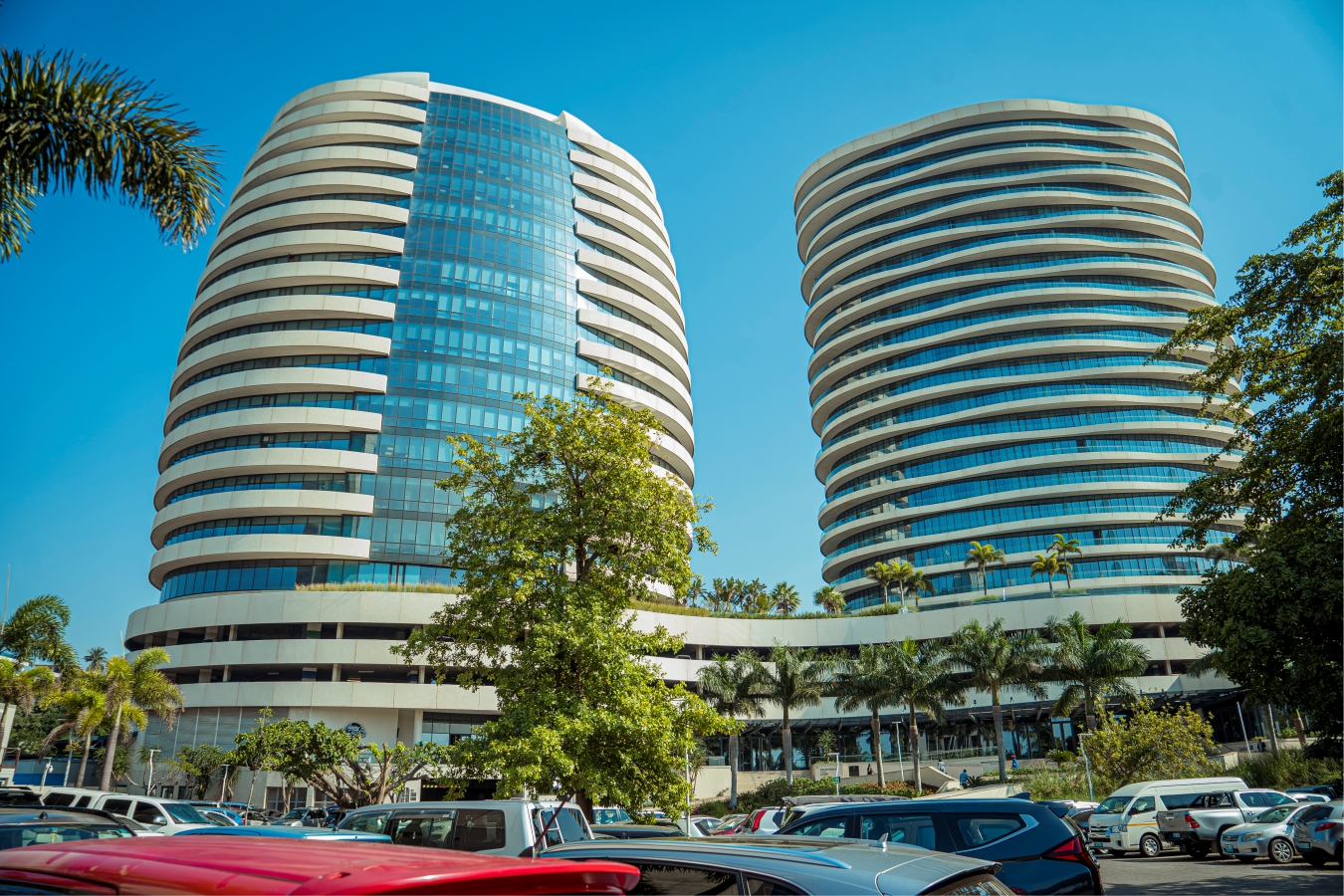
At 12 years old, his restless hand was already projecting dreamlike images on paper that he wanted to see erected in the middle of the street, reassuring him of what he wanted to be. His path took him from South Africa to this side of the border and more distant landscapes, such as the Democratic Republic of Congo and Zimbabwe.
His hand remains restless, always thinking of an architecture that gives a city its identity. But out of every 10 projects, he reveals, only two or three become, literally, concrete. Perhaps that is why he still takes pride in the projects that materialize from paper. “There is always a satisfying feeling with a new project that excites us again.”
He has learned, without romanticism, to coexist with the nightmare of budgetary constraints forcing deviations from some original project features. “We have to accept it, but it is managed by providing alternative solutions that still reflect the architect’s original concept.”
What he doesn’t compromise on is his concern for the environment, which has become the way both he and the firm function. It has become even more urgent with the overcrowding of cities demanding more and more food, energy, and water. With Africa’s eternal summer, he thinks it is a waste not to harness free solar energy for sustainable power. “Green energy, such as wind and solar, is the future, and we need to find ways to make it cheaper and accessible to everyone,” he suggests.
Edição 79 Maio/Junho| Download.
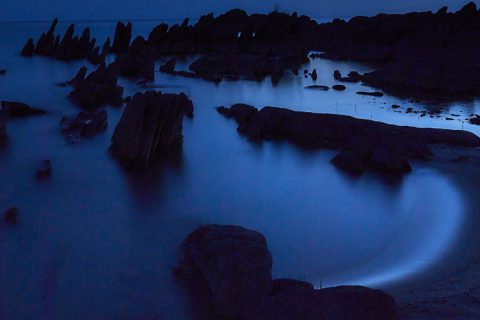
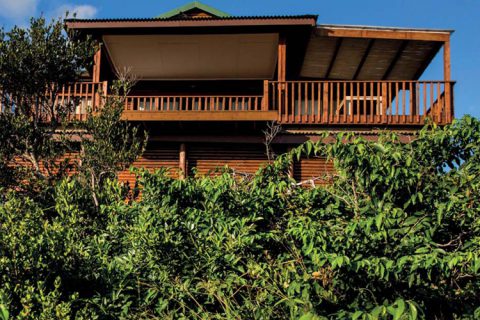

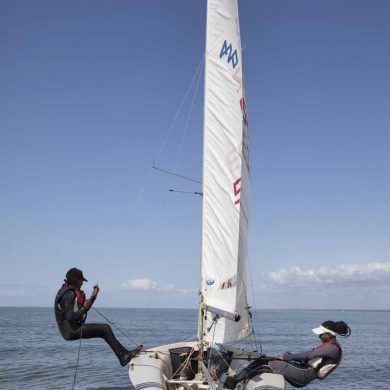
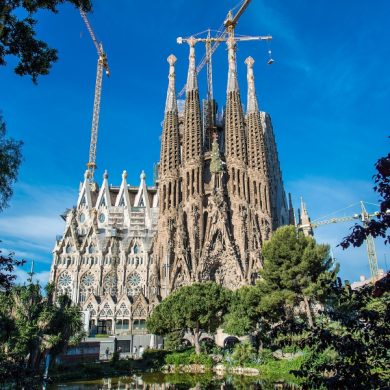
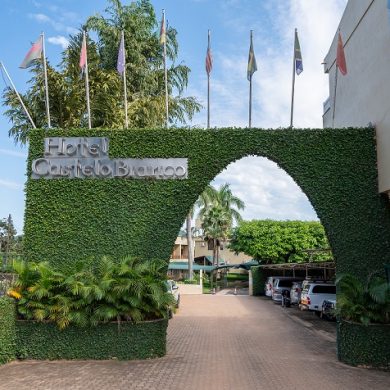
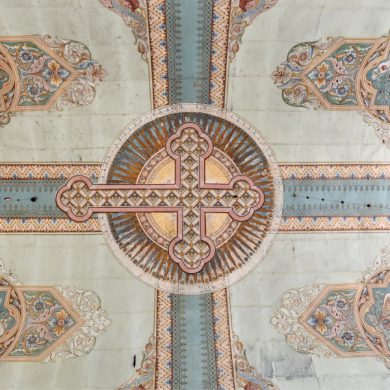
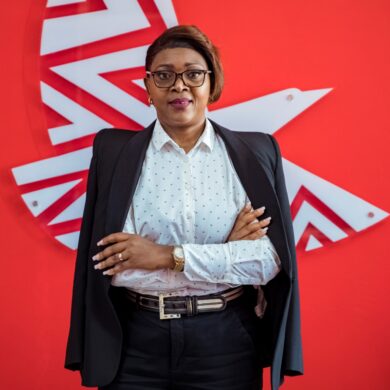
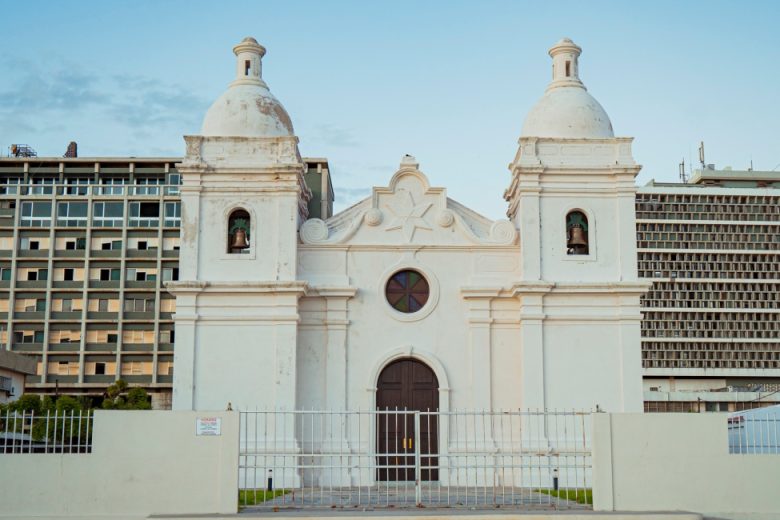
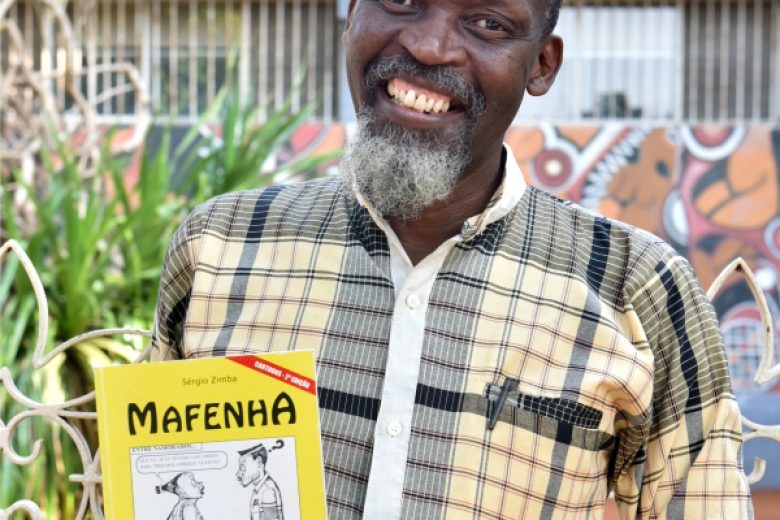
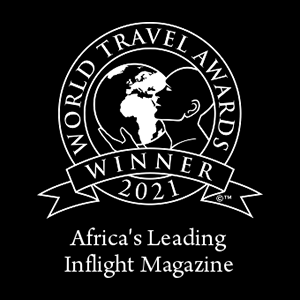




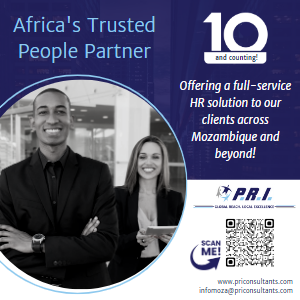







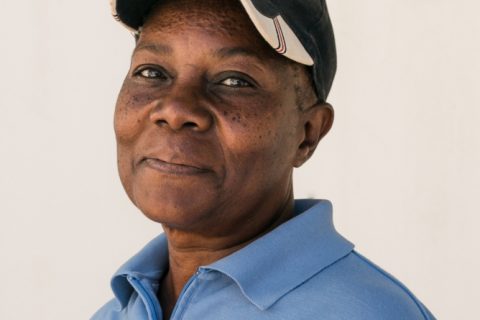
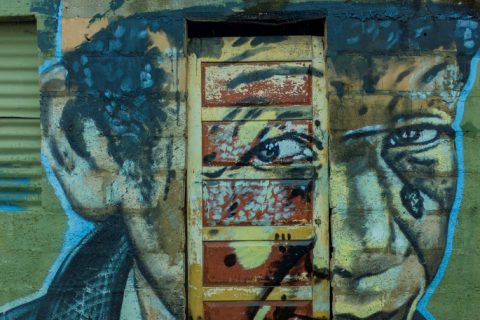

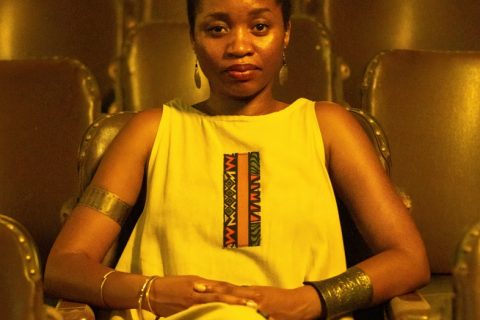

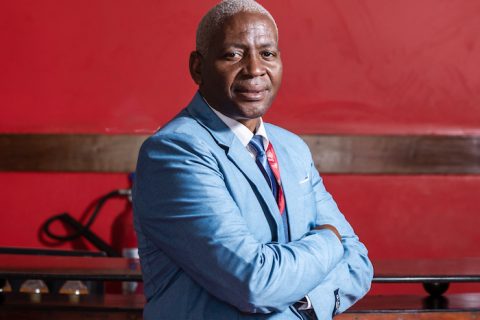

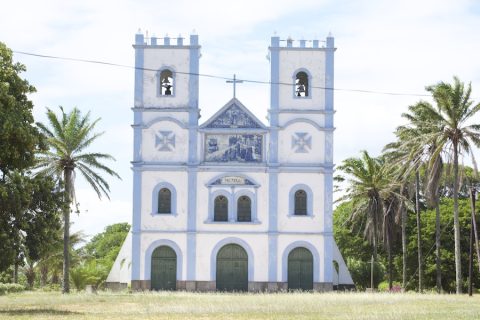
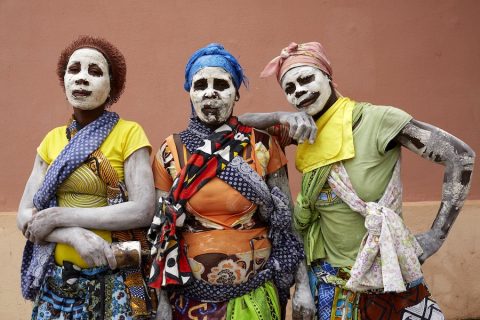
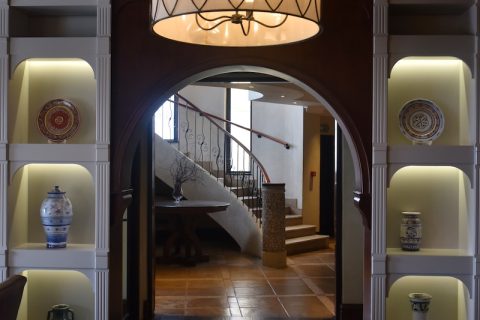


0 Comments